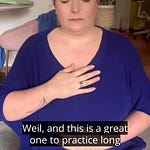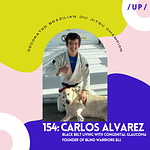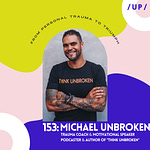Rachel Otis (she/they) is a somatic therapist, yoga teacher, abolitionist, writer, and pleasure activist who works directly, compassionately and non-judgmentally with the mind-body connection, infusing sessions, groups, retreats, and articles with radical self-love, exploration, and expression. She provides healing pathways of somatically-oriented coping tools and resources including yoga, art, supportive self-touch, guided meditation, joyful movement, vocalizations, exploring imaginational realms, and breathing techniques. They are passionate about creating a more sustainable, socially-just future by infiltrating oppressive systems to create change from the inside-out for ALL bodies. As a Queer womyn with chronic illness (Crohn’s disease), she honors those marginalized identities along with her Micmac indigenous ancestors by constantly working to decolonize and reclaim our connection to our minds and bodies. Rachel has their master’s degree in Counseling Psychology with a concentration in Somatic Psychotherapy from the California Institute of Integral Studies in San Francisco, and works on a sliding-scale, tele-therapy basis to provide accessible sessions to clients worldwide. They also offer: virtual book clubs, live somatics + yoga classes, full and new moon workshops, group therapy, diversity and inclusion trainings, oracle card readings, and will be re-launching their stateside & worldwide Resiliency Retreats once it is safe to do so!
Tune in as Rachel shares:
that she was diagnosed with Crohn’s disease at age 14
how body image and fatphobia informed her relationship to self from an early age
why the transition from pediatric to adult medical care is so rough for patients
a discussion of neurogastroenterology, and the brain-gut connection — and what it means to be a young person living with chronic illness and trauma
how she connected to somatic therapy as a Spoonie
how her identity as queer, indigenous, and fat has influenced her understanding of self AND the way she presents to the outside world — especially in the medical industry
that she wrote her grad school thesis on unlearning fatphobia and medical bias
that she’s built her entire life and career to be sustainably achievable around her chronic illness
that she works virtually and on a sliding scale in order to make her work accessible to those who need her help the most
her experiences of discrimination in a disabled body — and how these experiences have been intersectional with what is visible about her identity, especially her body
that she is ineligible for stoma surgery
what somatic therapy is
what it means for her to decolonize her practice as a caregiver
why mental health support is so important for anyone living with a chronic illness
the importance of pleasure activism, and what it means














Share this post